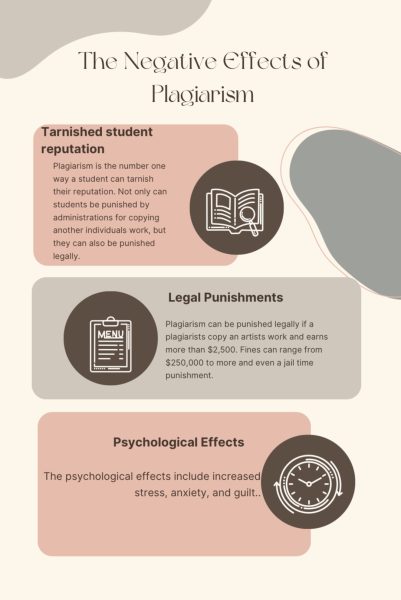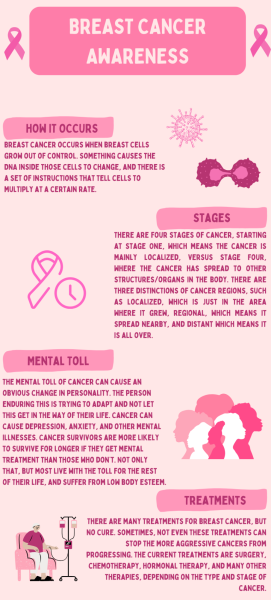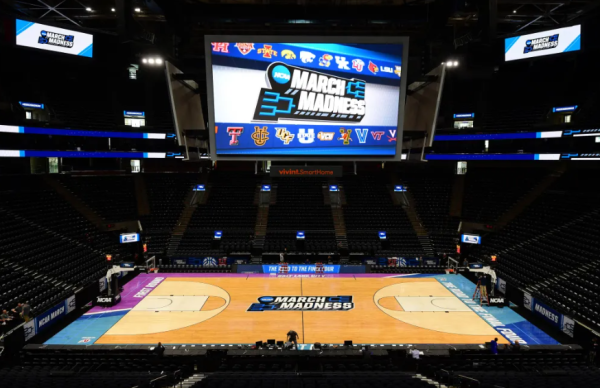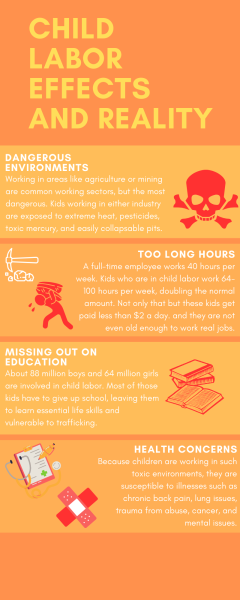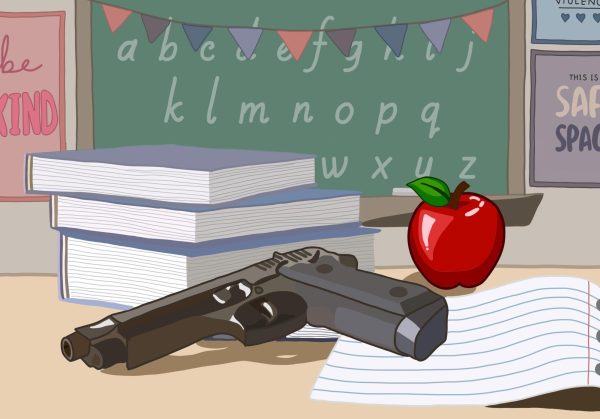GPA or ACT?
A deeper look into the best way to predict college success
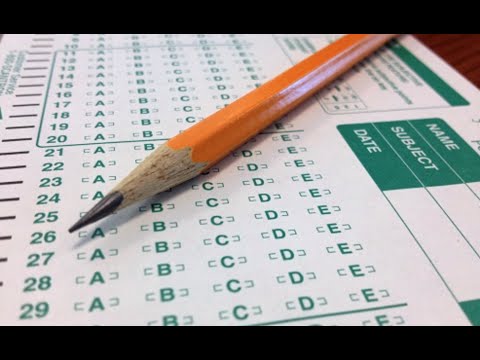
September 10, 2018
For high school students looking to apply for a college, the ACT can make or break an application to the college.
The score received from the ACT is commonly one of the first things colleges look for. This test attempts to predict a student’s success in college. The ACT is nearly three hours long, four hours with the writing portion, and is filled with questions from each core subject in high school.
Although the intentions of the test are to predict a student’s success in college, it may be inaccurate for some students.
The ACT is truly just testing how good of test takers students are. Students with attention deficit disorder may struggle staying focused during this timed test. Along with that, some students get test anxiety and are just below-average test takers. Poor test takers may have an outstanding GPA because they complete their homework on time and can study on a specific chapter, yet fail to perform with the same success on broad tests like the ACT.
A recent story written by PowerScore Test Preparation states colleges value the ACT slightly more than GPA. That means colleges value a three hour test more than four years of high school to predict college success.
“The ACT only proves testing skills and natural talent,” senior Jacob Weinand said. “GPA shows work ethic, hard work and how much a kid cares about school.”
Maintaining a good GPA requires a lot more hard work and determination rather than taking a three hour test. Valuing GPA over the ACT score would bring work ethic and responsibility into a prediction of the student’s success. Always getting homework turned in on time is a skill that the ACT does not recognize.
Students who participate in extracurricular activities have to manage their time in order to get school work done along with practices and events. Practices are usually daily for at least two hours at the high school level. This usually means student athletes end up sacrifice hours of sleep to stay on top of school work. That time management and work ethic will stick with the student through high school and into college.
“I usually have about two hours of soccer every night,” junior Makenna Ellis said. “I get home and go straight to work four days a week for around three hours. Then I get home and start my homework which usually takes about three hours every night.”
Ellis maintains a 3.95 GPA while balancing school and soccer. Along with most student athletes, Ellis enjoys very little free time during the school week. The free time she does have she spends working at Charleston’s saving up for college.
This hard work and responsibility does not get recognized by the ACT. The ACT just shows a student’s test taking skills, while grades bring all aspects into predicting the success of students. Grades show colleges many skills behind just a number. That being said, grades are a much better indicator of college success compared to the ACT.







